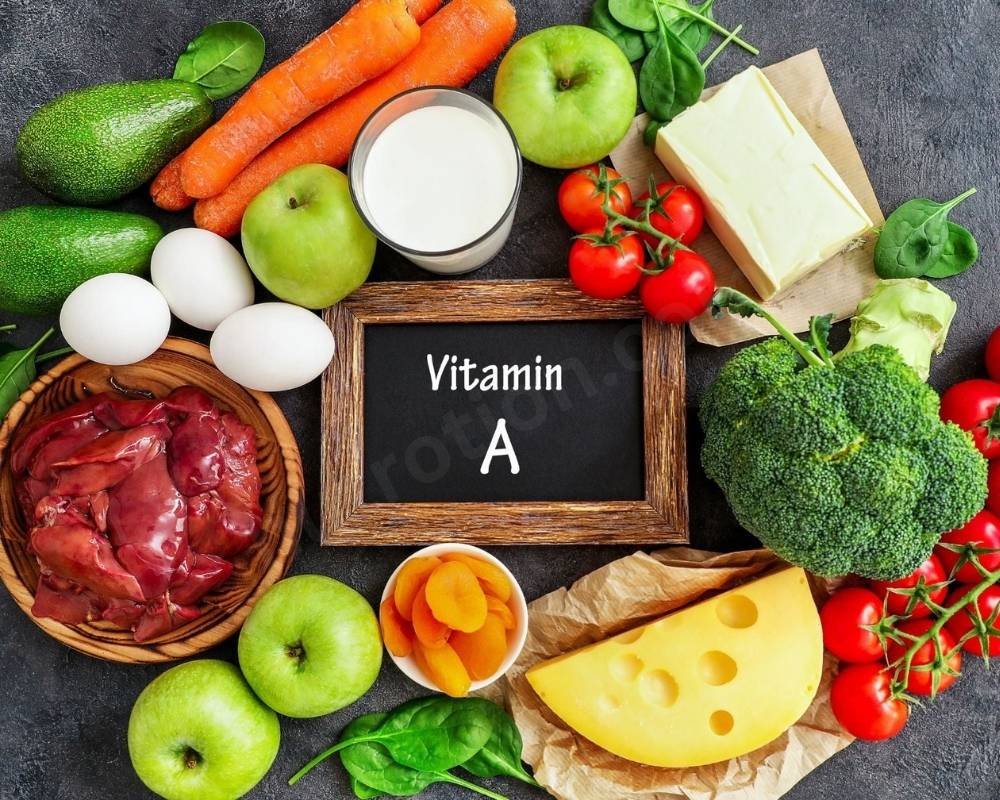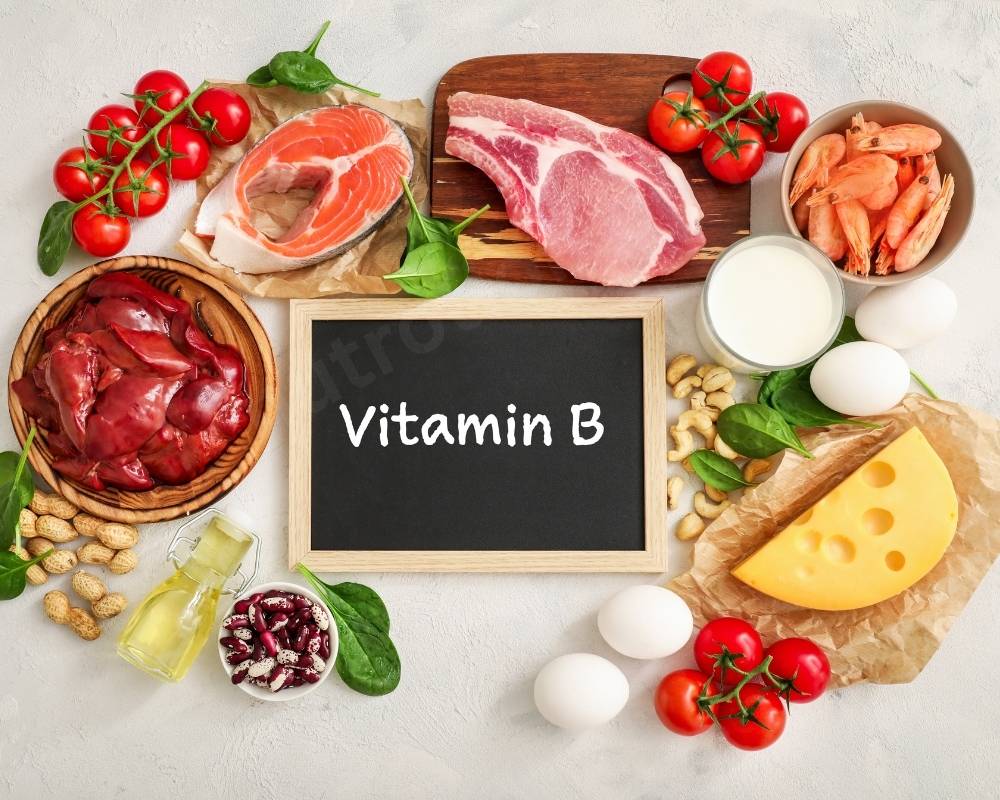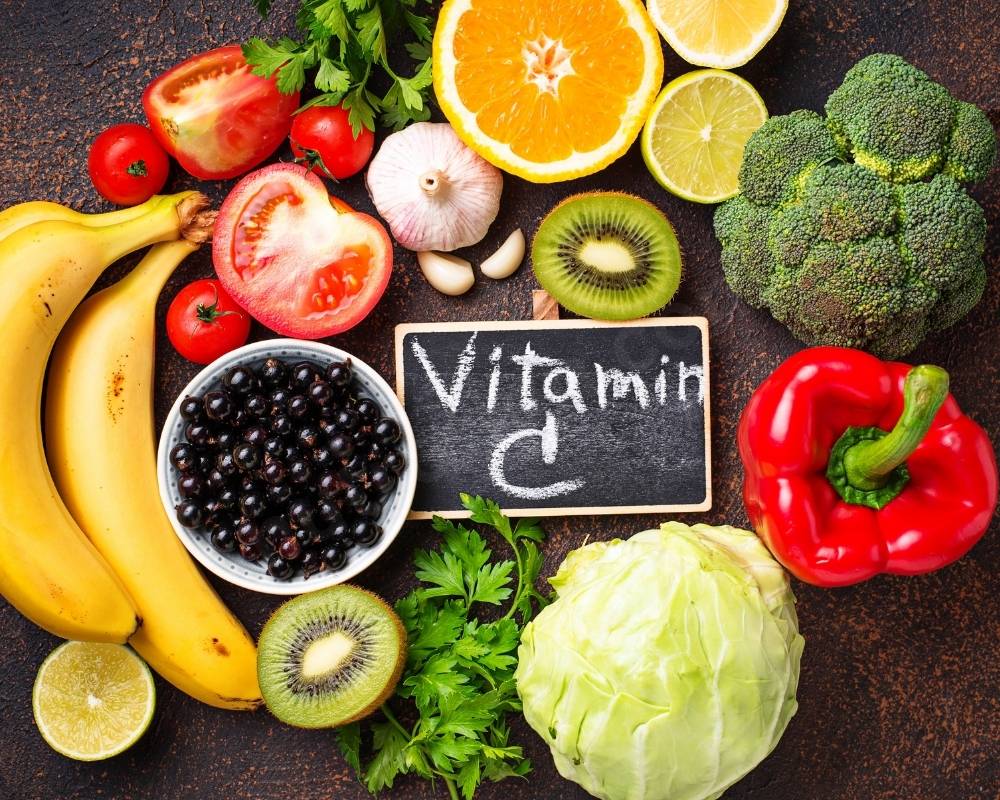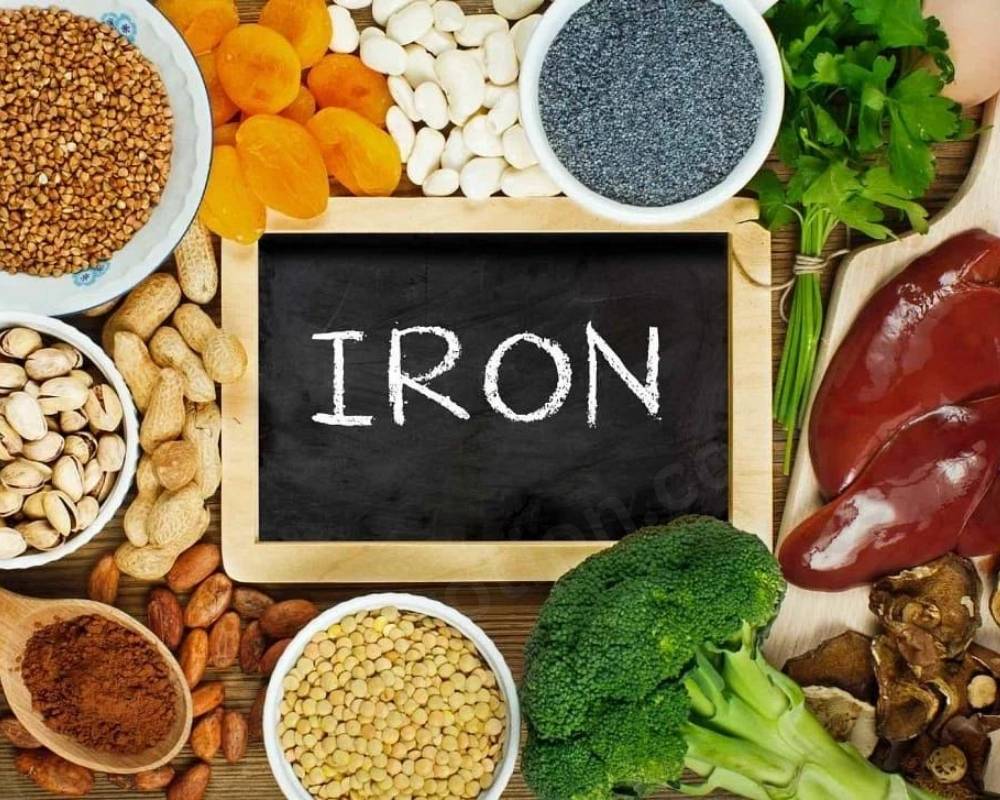One of the most widespread beliefs is that a special “miracle” vitamin can heal all diseases. The truth is vitamins are the inseparable partners in the maintenance of your body that should come in through a balanced diet. When you lack certain vitamins, identifying the cause can help you reach your health goals.
Vitamins are the organic compounds that are responsible for many physiological functions such as metabolism and immune response. Despite being essential, they work better when taken in the rightful amount and combined with other foods to ensure a balanced diet. Deficits in specific vitamins may lead to a variety of symptoms which may involve the work of different body organs. Therefore, comprehending these signs is a must for maintaining a general well-being.
Signs Your Body Might Be Missing Out
- Skin, Hair, and Nails: Dry and flaky skin, brittle nails, or hair loss may signify deficiencies in B vitamins, vitamin A, or essential fatty acids. These nutrients are fundamental for skin repair, hair resilience, and nail strengthening.

2. Fatigue and Weakness: Feeling permanently exhausted could be an indicator of iron, vitamin D, or B12 deficiency. Iron is necessary for oxygen transport, vitamin D plays a key role in bone health, and B12 is essential in producing energy.

3. Immune System Woes: Frequent infections may be a sign of insufficiency of vitamin C, zinc, or vitamin A. They are powerful immune boosters responsible for the detoxification of pathogens.

Remember: Such symptoms may also be caused by other health factors. Consulting a doctor is an important step towards the exact diagnosis and tailor-made treatment programs. A healthcare practitioner can perform a diagnosis to ascertain the exact weaknesses and recommend remedies that respond accordingly.
Treating Deficiencies
Whenever there are dietary deficiencies, the main priority should be improving the diet rather than supplementing. Here’s a glimpse into how food can be your medicine:
- Vitamin A: Vitamin A is a powerful vitamin that can be found in sweet potatoes, carrots, spinach and fortified milk. It is important for good vision, cell growth and immunity.

2. B Vitamins: Various foods including leafy greens, legumes, nuts, whole grains and fish are rich in B vitamins. These nutrients constitute a complex group that has the ability to produce energy, to control the nervous system as well as to metabolize cells.

3. Vitamin C: Among the most abundant vitamin C sources are citrus fruits, bell peppers, berries, and broccoli. This vitamin is vital for the immune system and for collagen production responsible for the health of your ligaments, tissues, bones, and skin.

4. Vitamin D: Among the sources of vitamin D are fatty fish, egg yolks and fortified foods like milk and cereals. Nicknamed a “sunshine vitamin”, it’s crucial for bone health and also responsible for immunity function and cell growth.

5. Iron: Lean red meat, chicken, beans, lentils and dark leafy greens are a good source of iron. This is one of the critical components of the red blood cells that carry oxygen all around the body, thus preventing weakness and tiredness caused by the lack of oxygen in the body.

Supplements
Not a magic bullet
While supplements can be useful in some cases the usage of them without proper consultation can be dangerous. Here’s when supplements might be recommended by a doctor:
- Limited dietary options: As a result of allergies or food intolerance, someone may not be able to get enough vitamins from food only.
- Increased needs: Pregnancy, lactation, or certain medical conditions may increase your body’s requirements for particular vitamins.
- Poor absorption: People suffering from digestive problems like Crohn’s disease or celiac disease could face challenges in absorbing the vitamins from food. In these cases, supplements will serve to supply the shortage.
The Importance Of a Balanced Diet
A balanced diet full of fruits, vegetables, whole grains, and lean protein aims beyond the mere provision of workable alternatives. It delivers a variety of vitamins and minerals that respond cohesively to promote total health and happiness. These nutrients include:
- Antioxidants: These compounds, which are found in plant-based foods help to protect your cells from damage and reduce the risk of chronic diseases like heart disease and cancer.
- Fiber: Dietary fiber is one of the most important factors for gut health, intestinal transit, and blood sugar control.
- Healthy Fats: Unsaturated fats, which can be obtained from oily fish, nuts, and avocados, are important building blocks for the brain, hormones and cells.
When you include different types of nutrient-dense foods in your diet, you are preparing for a healthy body. If you think you have a deficiency, consult a physician for diagnosis and a personalized treatment plan, which can include dietary changes and a vitamin/mineral supplement if needed. Keep in mind that mega-dosing vitamins can be dangerous and never forget to follow a doctor’s advice. Through medical supervision, the right nutrients at the right dosage will be prescribed as per your specific needs to prevent adverse effects.
The comprehensive approach to your health is important. Along with a balanced diet, exercise, enough sleep, and managing stress are equally essential in preserving your overall health condition. Thus, when you imprint these healthy habits on your daily lifestyle, your body will consequently function at its best level throughout the years. Regularity in the performance of these activities is the fundamental pillar for maintaining health and vitality throughout life.


